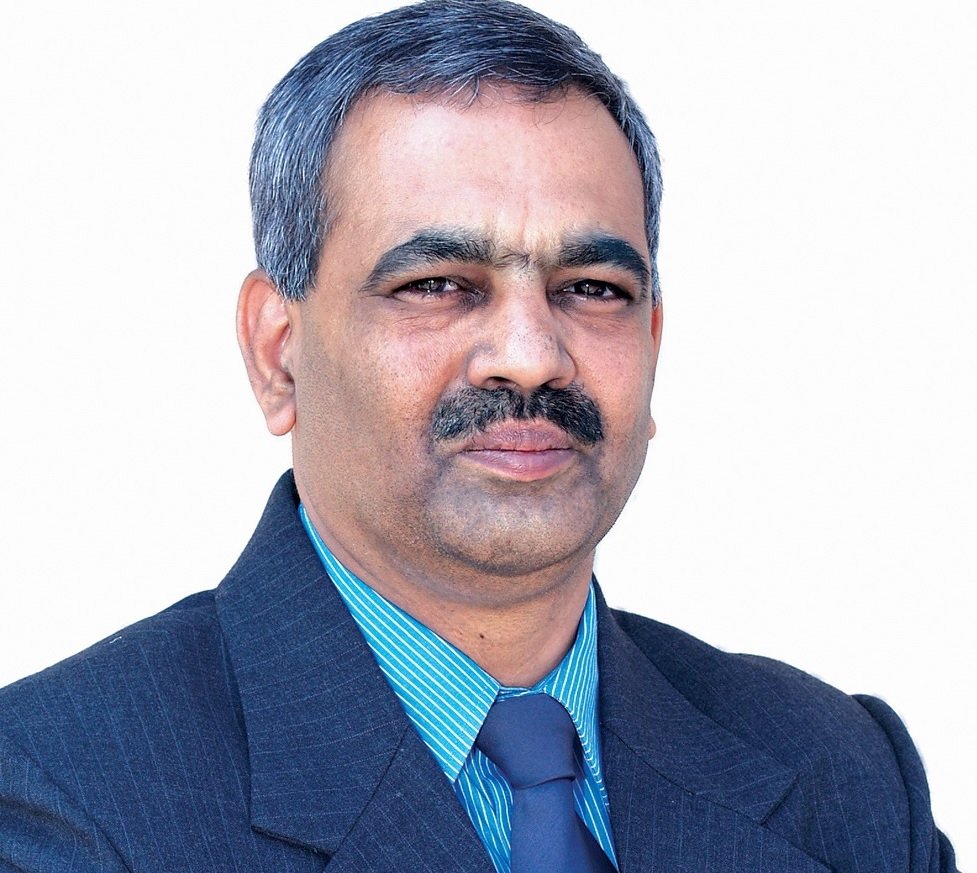
Mr Narayanan Suresh is the Group Editor of BioSpectrum
The on-going Ebola epidemic that has affected more than 5,000 people in five west African countries and how some experimental drugs under development in USA and Canada have come to the rescue of at least a handful of seriously infected patients should be an eye opener for the leaders in Asia. Two American aid workers who got infected in the region survived after being flown to the US and treated with ZMapp, an experiment Ebola treatment drug developed by San Diego-based Mapp Pharmaceuticals. Two other high profile patients-a Spanish priest and an African doctor-who too got the limited supply experimental drug did not survive. A British nurse flown back to the UK is recovering.
What has come to aid are the few experimental drugs developed by the American company. A drug under development by Canadian company, Tekmira Pharmaceuticals to treat Ebola infection, has shown promise. A subsidiary of Japanese company, Fuji Films, has offered more than 20,000 doses of an approved drug to treat a type of influenza which is also believed to offer good response in controlling the Ebola virus infection. And pharma major, GSK, is ready with a vaccine which is reported to be effective in preventing Ebola infection and could be ready for large scale use in 2015 if it gets fast track regulatory approval.
The American and Canadian companies have been working on developing drugs to treat Ebola with funding from the US government. The funding to the tune of a few hundred million dollars has been going on for nearly 10 years. The farsightedness and the willingness of the US government to prepare itself to treat Ebola and similar infections which can recur any time is paying off. The Japanese drug offer has come as a bonus. Despite the criticism of big pharma companies taking their eyes off diseases that do not offer much potential, GSK's vaccine is a commendable initiative.
There are many other Ebola-type viruses lying dormant in the world and we can certainly expect similar outbreaks in the next few decades. Asian countries have been spared of the trauma of having to deal with Ebola but we can't be smug about this. The national governments have to up their vigil and be prepared for such disease outbreaks. The economic giants of the region-Japan, China, and India-and other regional leaders like Australia and Singapore should come together immediately and identify potential outbreaks and prepare to tackle them as and when the need arises.
Co-operative effort will be key to strengthen the defense against future outbreaks which may not respect national boundaries. Asian countries should pool their resources and start identifying and funding research institutes and companies that have the capability to work on various infectious diseases. Collaborative efforts will shorten development time and also build capacities within the region to put the best foot forward when the eventuality arises.
Malaria and tuberculosis are two diseases that should top the list for regional co-operation. Some of the metabolic diseases too need special attention as the regional population has been found to be more prone to these compared to their counterparts in the West. Together we will be in a better position to face the key challenges of the future.




